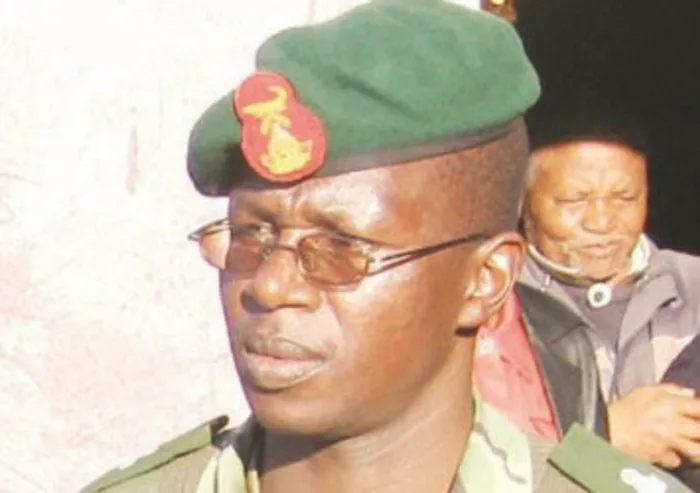
Lesotho Prime Minister Pakalitha Mosisili's government has allegedly failed to co-operate with a Southern African Development Community Commission of Inquiry appointed to investigate the death of former army chief Maaparankoe Mahao and related aspects of the political crisis in the country. Lesotho Prime Minister Pakalitha Mosisili's government has allegedly failed to co-operate with a Southern African Development Community Commission of Inquiry appointed to investigate the death of former army chief Maaparankoe Mahao and related aspects of the political crisis in the country.
The attempt by regional leaders to resolve the crisis in Lesotho, which came to a head with the killing of former army chief Maaparankoe Mahao on June 25, appears to be going awry.
The Lesotho government of Prime Minister Pakalitha Mosisili has “dissed” the independent Commission of Inquiry, headed by Botswana judge Mpaphi Phumaphi, which leaders of the Southern African Development Community (Sadc) appointed on July 3 to investigate the death of Mahao and related aspects of the turmoil in the country.
After hearing just less than two months of testimony, Phumaphi announced this week that he was prematurely closing the inquiry because the government has refused to allow key soldiers to give evidence and political and military leaders were deliberately withholding vital information.
“The captains of this government plead ignorance to a lot of things that I would expect a normal government to know…” he said recently while interrogating deputy Prime Minister Methotjoa Metsing’s testimony, which he branded as unhelpful and evasive.
Tlali Kamoli, the army chief, also gave evidence. But neither he nor any of the other military witnesses threw any real light on Mahao’s death, even though it is not disputed that he was shot by soldiers.
The difference has been that the government had claimed he was shot while resisting arrest for alleged involvement in a mutiny plot, while his family and the opposition have insisted he was shot in cold blood because of his arch-enmity with Kamoli.
When then prime minister Tom Thabane tried to fire Kamoli in August last year – because of his rank disobedience – and replace him with Mahao, Kamoli launched a coup attempt which forced Thabane, Mahao and others to flee to South Africa for their lives.
After Mosisili won early elections in February – brokered by the Sadc – he reinstated Kamoli as army chief. Thabane’s camp claims that Kamoli has since then conducted a “reign of terror” against Thabane and his supporters, including the torture and imprisonment of soldiers and the killing of Mahao.
Mosisili has retaliated to Phumaphi’s criticism by asking the Sadc to call the judge to order for what he regards as a biased approach.
He dismissed Phumaphi’s claim that the government was being unco-operative as “nonsense”. And he has slammed the judge for holding some of his hearings in Thaba Nchu in the Free State to allow Thabane and other opposition leaders to testify. They fled Lesotho again after Kamoli was reinstated and are living in exile. Mosisili said Phumaphi had no right to take the commission outside Lesotho.
Observers believe Phumaphi will nonetheless condemn Mosisili’s government in his report and that he will probably recommend that Kamoli should be prosecuted for his role in Mahao’s death.
They also believe that Mosisili will reject that recommendation.
So what will the Sadc then do? If its intervention in Zimbabwe is anything to go by, very little. On the face of it, the Sadc’s mediation in the Zimbabwe crisis, also prompted by political violence, during the 2008 elections, was impressive, too, though in the end it proved to be mere democratic window-dressing.
It persuaded President Robert Mugabe to enter a “unity” government with his opponents from the Movement for Democratic Change.
That was supposed to pave the way for free and fair elections in 2013. But the Sadc was unable to make Mugabe share any real power or to implement agreements he signed, to ensure a level playing field in the elections. Yet the Sadc happily endorsed his victory in those elections anyway, legitimising a government that was no less authoritarian than before.
When push comes to shove, the Sadc has so far shown that, at best, it is too timid to face down resistance, at worst, it is inclined to favour the incumbent.
Will it do the same in Lesotho? Or will it take Phumaphi’s report seriously, even if his recommendations rock the Sadc boat?
For the sake of its own credibility, it can hardly avoid backing the judge which it appointed itself. But don’t hold your breath.